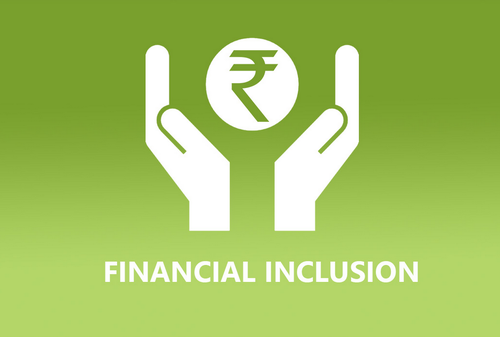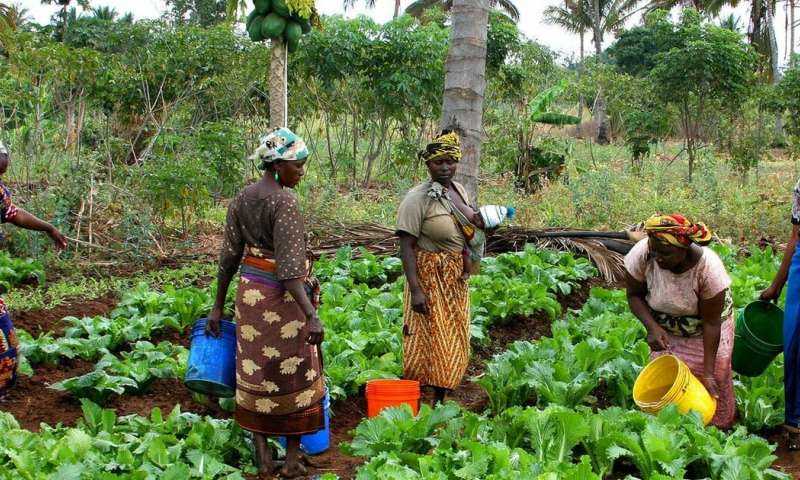Scan the sustainable development goals. You will see- zero hunger, climate action, inclusive growth, gender equality among other objectives. But you will not see: giving people access to savings accounts, loans, insurance, and other financial services. Yet, financial inclusion is a great enabler to achieving the SDGs.
Financial inclusion means that formal financial services- such as deposits and savings accounts, payment services, loans, and insurance- are readily available to consumers and that they are actively and effectively using these services to meet target needs. While financial inclusion is concerned with the number of people owning and using formal financial ‘products’ financial development is concerned with macro-level indicators that show growth of enterprises, businesses and a country’s Gross Domestic Product (GDP).

Financial inclusion may sound like an esoteric concept, but its meaning is more than real for over 1 billion people who have access to a financial account. These people no longer need to rely on and transact solely in cash or use their mattresses as saving cabinets. With rapid changes and innovation in technology especially with the spread of mobile phones, more access to banking and inclusions has been witnessed. Mobile banking has digitalized cash payments in African countries and eased the long-distance travels to banks for financial services.
Digital technology helps boost financial inclusion and SDGs. Digital financial payments- a mobile phone lined to a bank account- allows people to access money in a crisis such as a hit by financial shock reducing the odds they’ll fall into poverty. Kenya Commercial Bank (KCB) has partnered with M-pesa to allow its users to save money from any location. This platform has encouraged those in the informal sectors especially farming save the little they make to use in the long term and also transact despite the marginalization of some of them.
So why promote financial inclusion?
People who access financial services have greater security and privacy over their money. Savings accounts make it easier to save, so people save more and earn more. Increasing account ownership helps promote gender equality. considering that poor women account for 1.1 billion adults, or most of the financially excluded. When savings accounts were offered to female market vendors in Kenya, their daily expenditure increased by 37% compared to a group of women who did not receive an account.

Financial inclusion of farmers can unleash bigger investments in the planting season. The results- higher yields- and progress towards achieving food security. When Malawian farmers had their earnings deposited into a new bank, their crop value increased by 21% and they spent 13% more on purchasing equipment needed to aid in farming.
Financial inclusion also encourages good health- SDG 3. Having a savings account helps parents to pay for a clinic appointment for kids. Out-of-pocket health care costs are one of the major reasons why most Africans in developing countries are stuck in poverty. But give them an account and poverty can be alienated. A study in Kenya found that giving people a safe place to store money increased health spending by 66%. Health-related shocks, that would otherwise disrupt their economic activities as a result of lost income are managed when one has insurance.
Read also: Shifting Towards Energy Smart Farming
Given the link between financial inclusion and development, governments should keep pushing for more access and use of financial services. Prioritizing financial services does not take away resources from other priorities set through the SDGs. The evidence gathered over the years builds a strong case that financial inclusion helps create the conditions that may fuel the achievement of many of the Sustainable Development Goals.



